From the busy streets of Manchester to the crumbling cities within the conflict itself, people have risen to the task and protested in the defence of life over the war in Palestine. The UN have declared the actions of Israel have met the fundamentals of a genocide. Genocide is defined as the deliberate killing of a large number of people from a particular nation or ethnic group with the aim of destroying that nation or group.
But what can you do? Well, the better question is what can you stop doing?
Boycotters have joined together in solidarity with those whose lives have been destroyed and created a list known as the “official boycott list” or BDS list to maximise impact on those benefiting from bloodshed in the Middle East.
The purpose of this article is not to be political and judge, It’s a shed of light on the current work being done across the world to make a lasting impact. Everyone is entitled to their own opinion, however this article will hold a focus on the boycotting of companies to show resistance to the death on innocent people in Palestine. I will refer to it as a genocide in solidarity with the lives lost and the treatment of human beings, who have been dehumanised as the world leaders stand by and watch. What name you choose to refer to the conflict does matter, but in this moment, the focus is peace.
Boycotts are not something new to us as a society, in fact the first boycott was in 1880 over private English owners abusing their power in Ireland. Even over 200 years ago, people understood the power of the collective mind and the differences that could be made with it. Boycotting throughout time has been a form of political expression, especially amongst young people in later years. People boycott for many reasons ranging from anti fossil fuels all the way to the violation of human rights globally.
From statistics taken from a pool of students at Xaverian in fact, 60% of students are taking part in some form of boycott. No matter their reasons, justification is usually along the same lines as stated by my peers: “It forces businesses to listen”, “It values money above human life, it puts things in their perspective” and “it’s a way to finally make the difference we crave”. People have discredited boycotts in the conversation of activism. Other students at Xaverian have said: “its performative or ” just a way of feeling like you are making a difference”.
However boycotts have worked time and time again. Some recent examples are Starbucks, CEO Laxman Narasimhan’s words are the company has had a: “significant impact on traffic and sales” and not in a positive way. I think this is clear by the sudden influx of Starbucks advertisements on TikTok. There has also been a boost in the sponsorship budget for Puma after the company pulled their support of Israel’s national football team for 2024. These brands are feeling the effects, demonstrating just how people can come together and fight for what’s right. Here in Manchester, the protests, the boycotts, the voice of artists, students, and communities can and will be heard here if nowhere else in the world.
If you take anything from this article, I hope it’s not only the need for us as the new generation to be informed and take action. But also that we are capable of doing that. It is so key for us to understand that we are no longer the next generation, but the current one. One of hope and peace. No matter how you think that should be achieved, you are meant to help. So, repost those Instagram stories, talk to your friends, and maybe even have a look at the BDS list if that’s a cause you believe in. Stay educated and safe while informing and believing.
https://bdsmovement.net

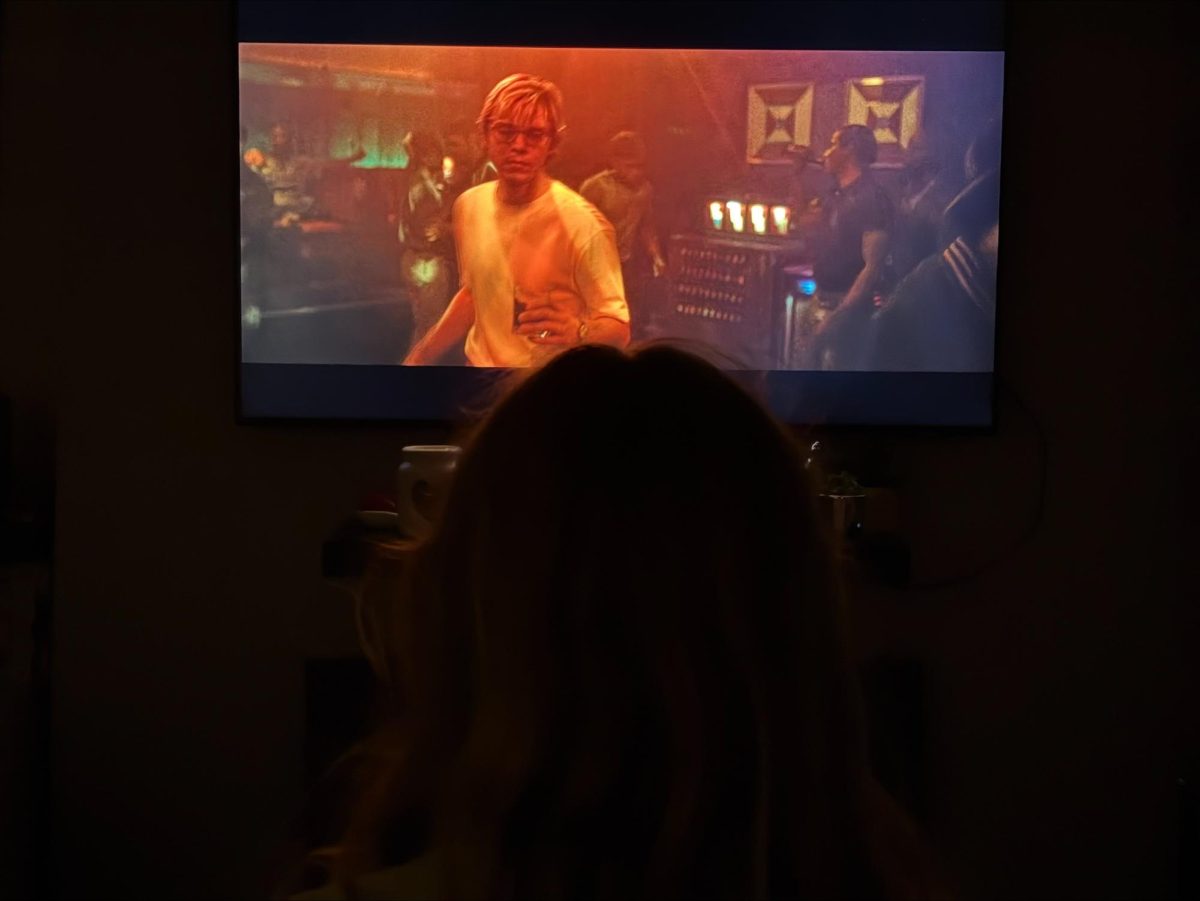
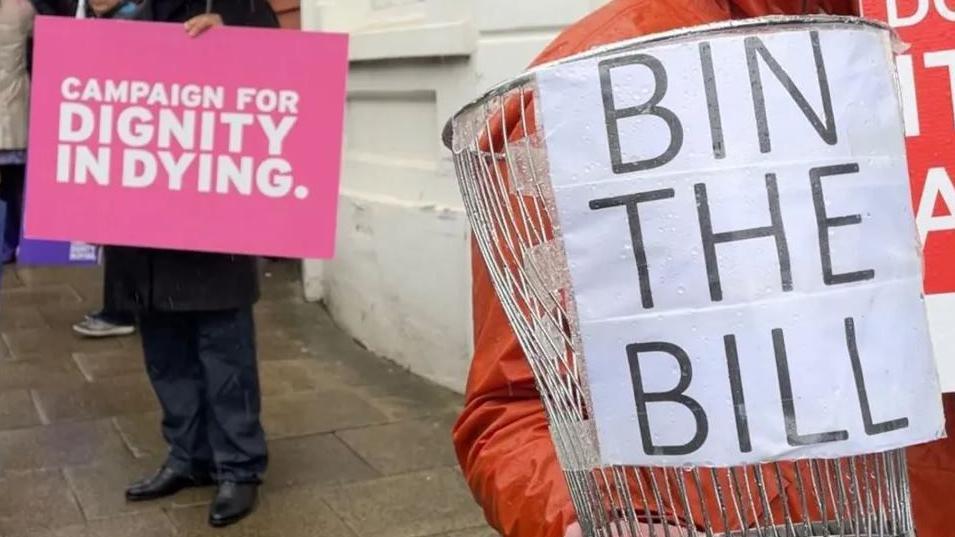

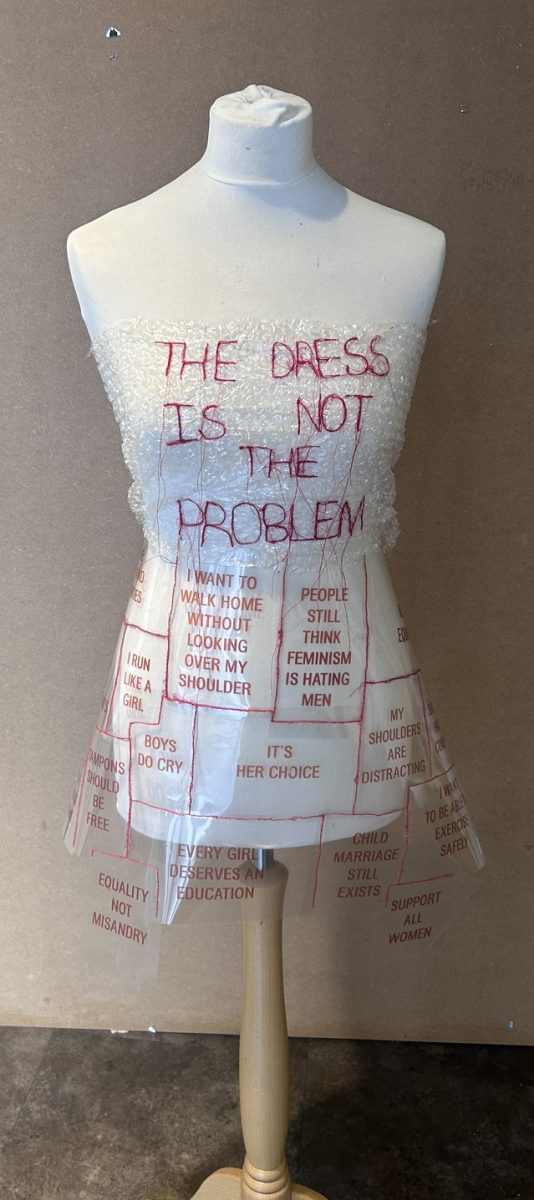
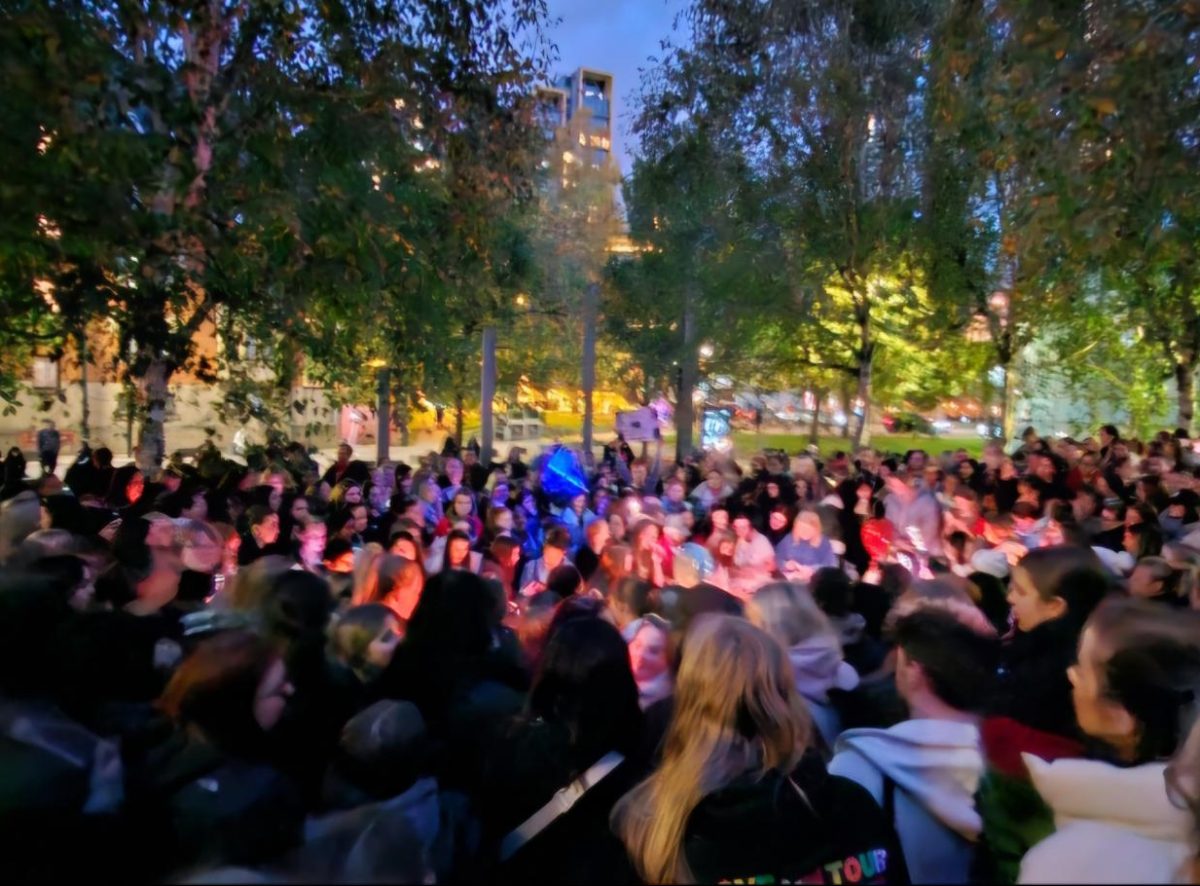
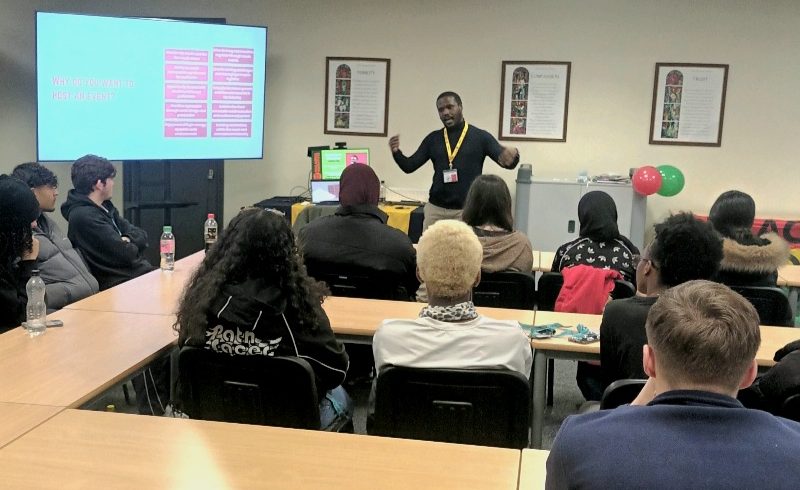
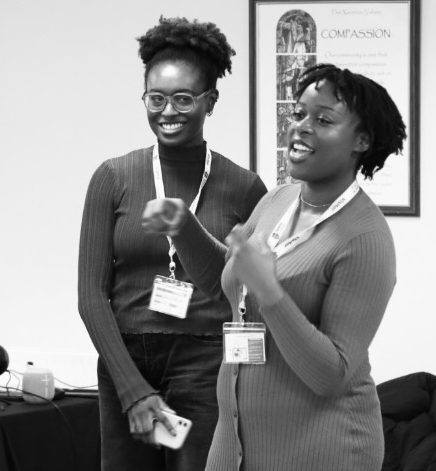



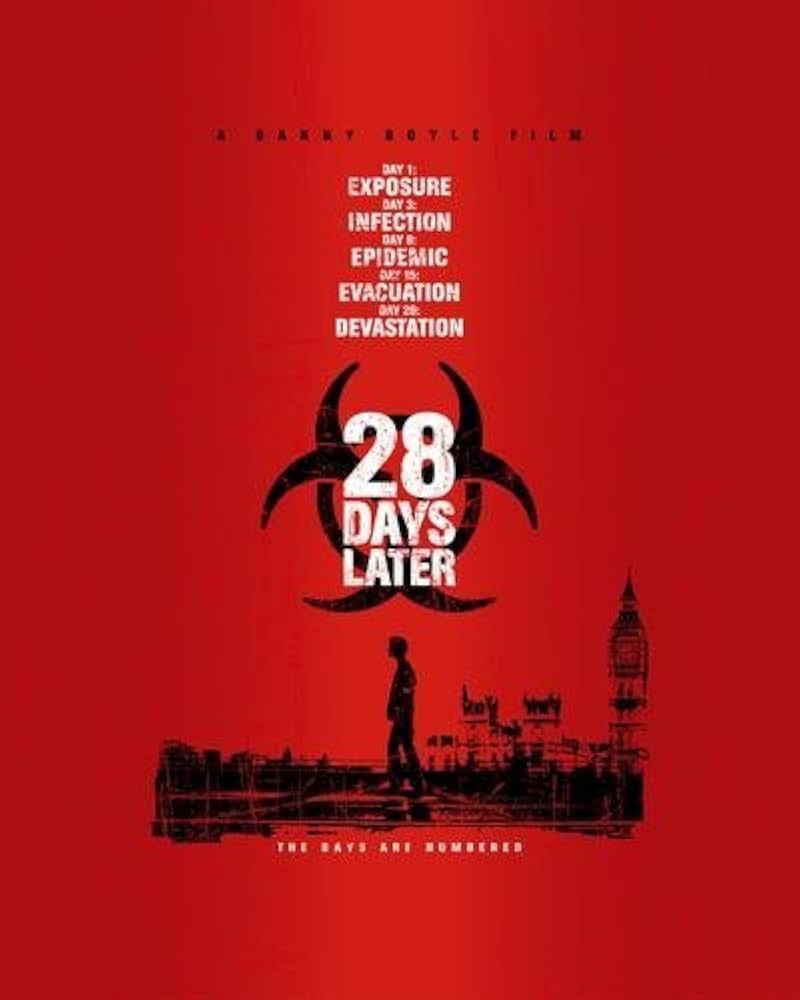
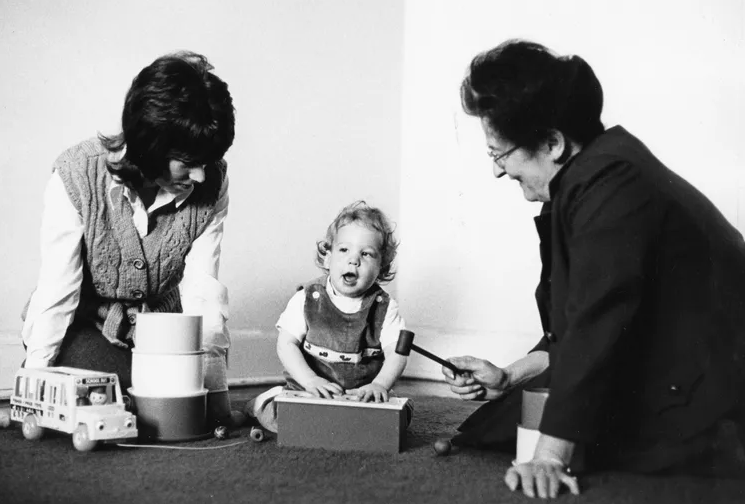
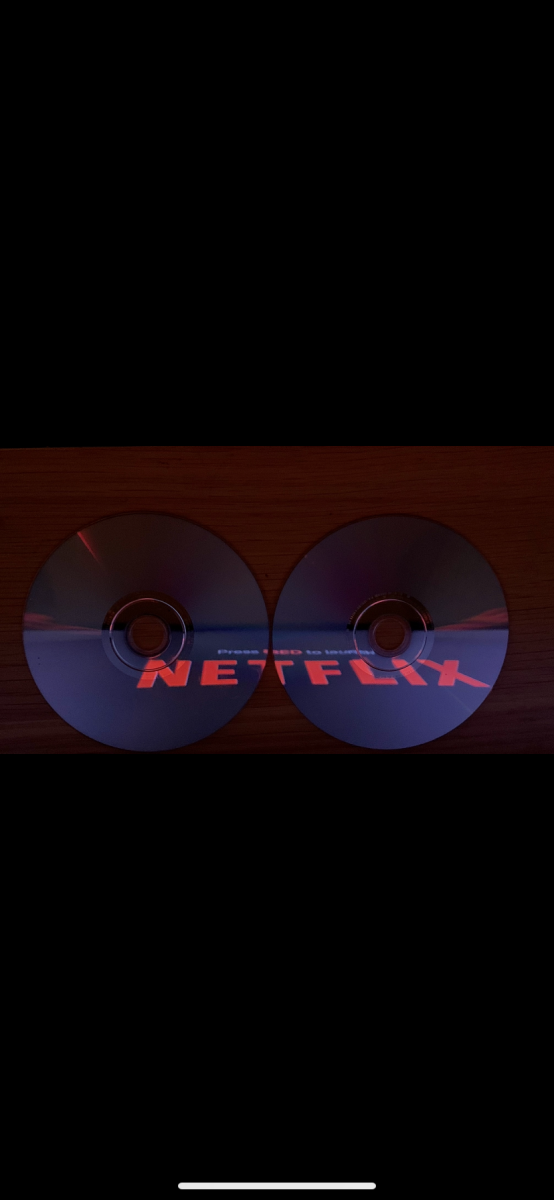

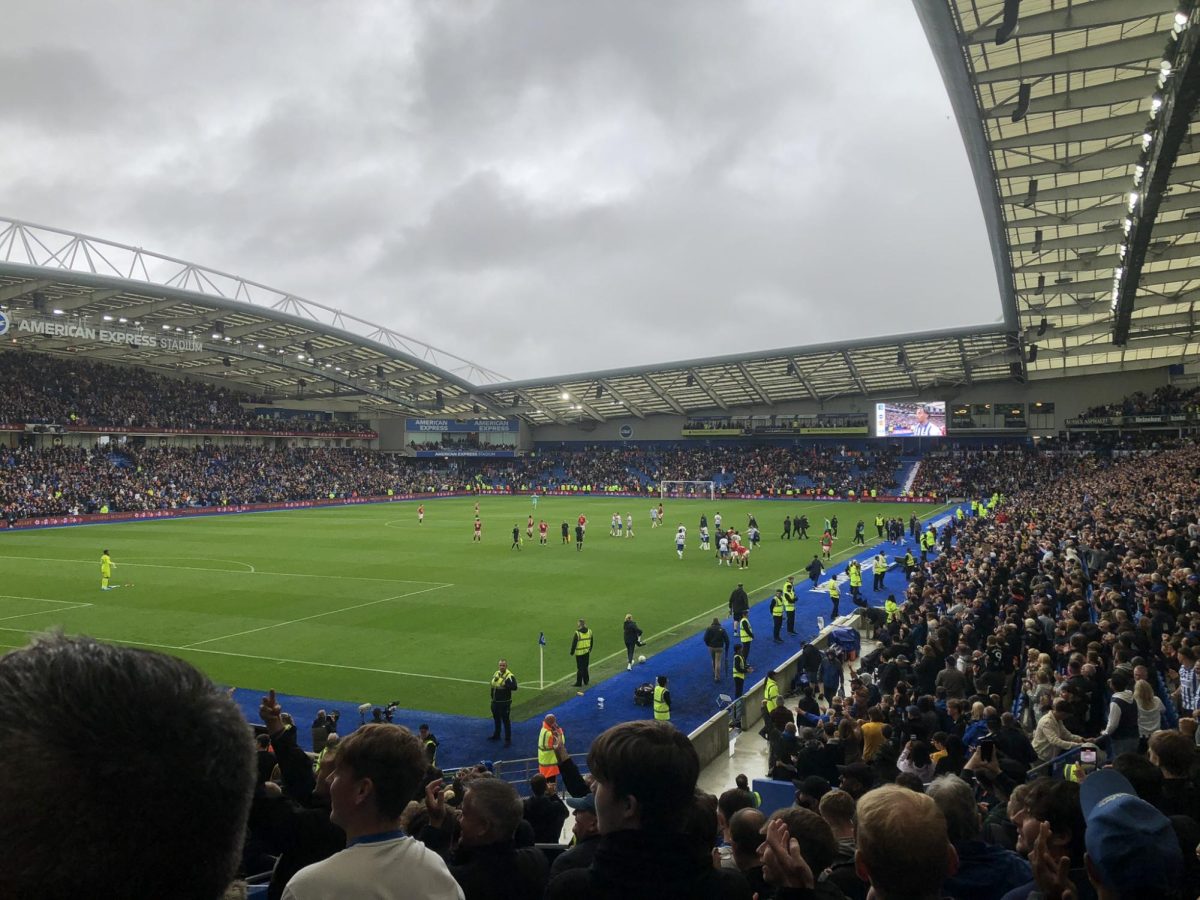

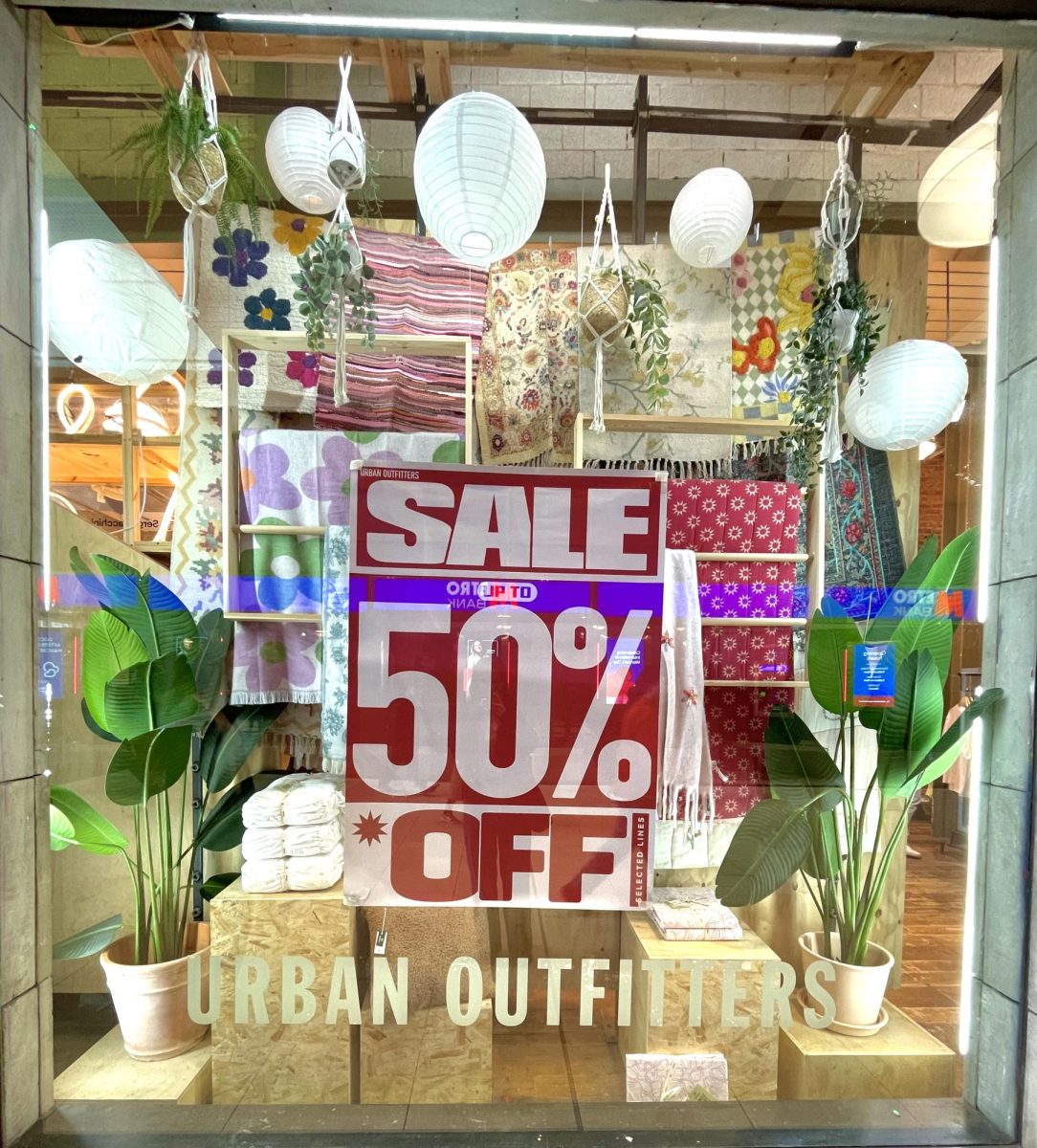

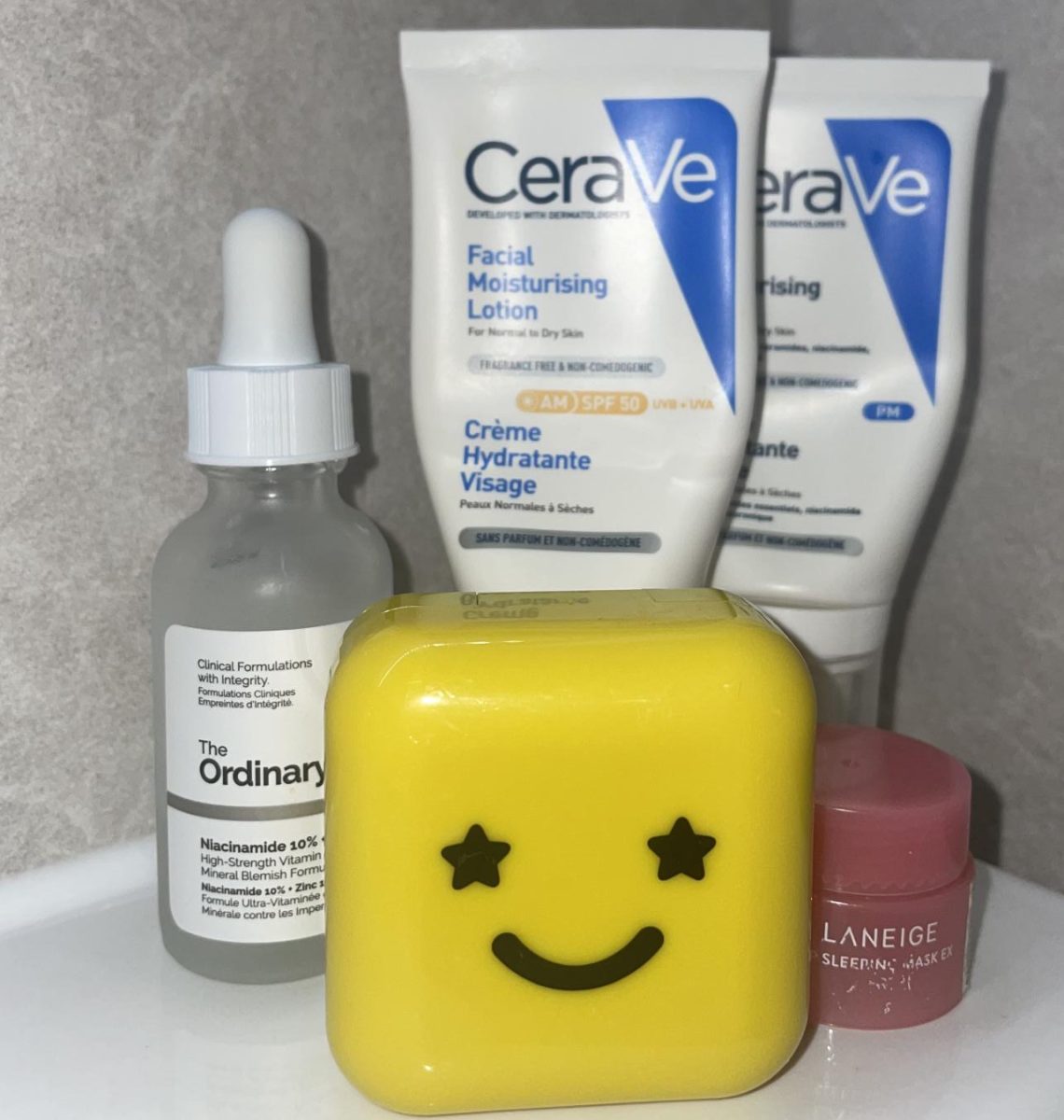
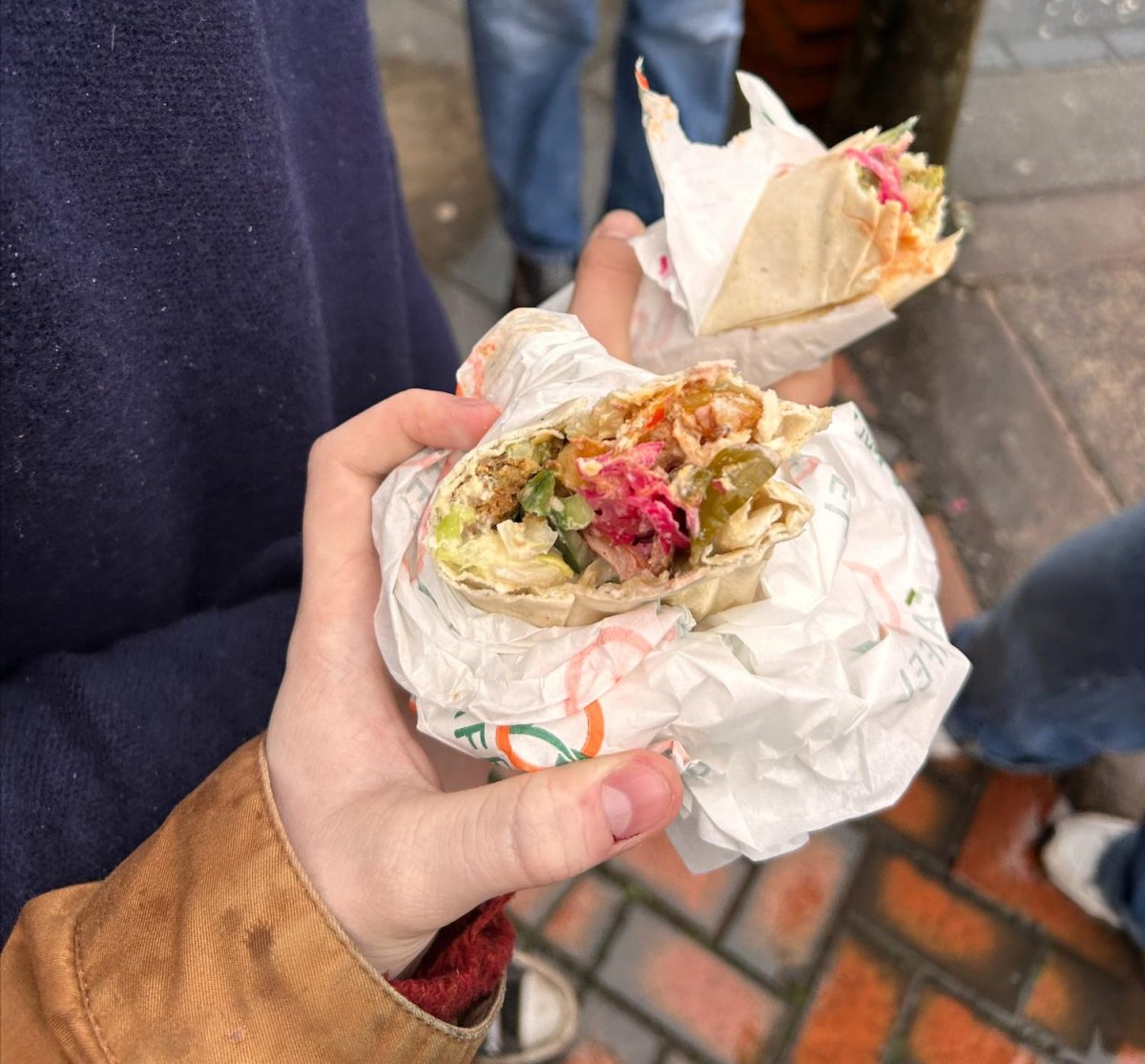



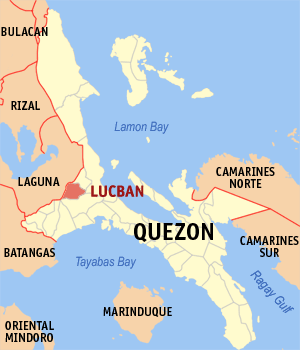

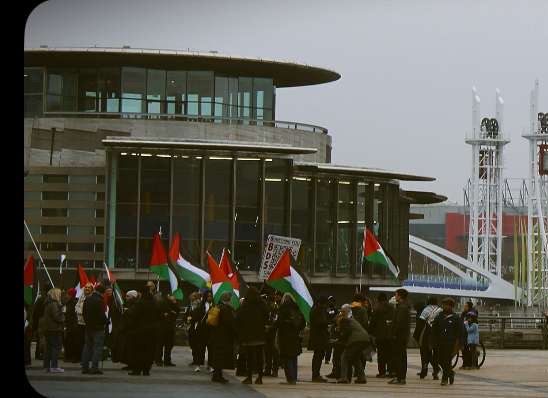

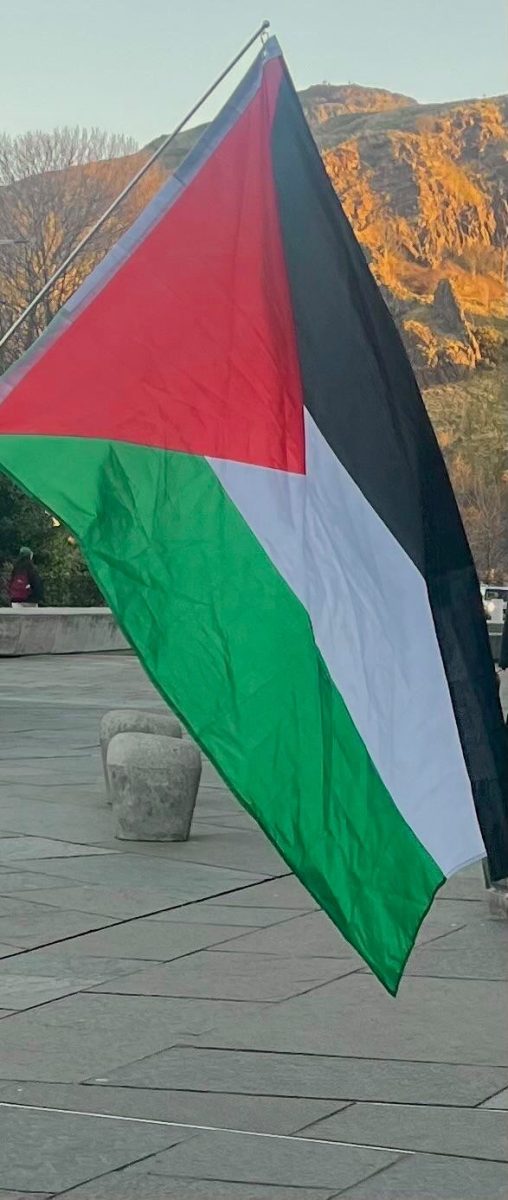


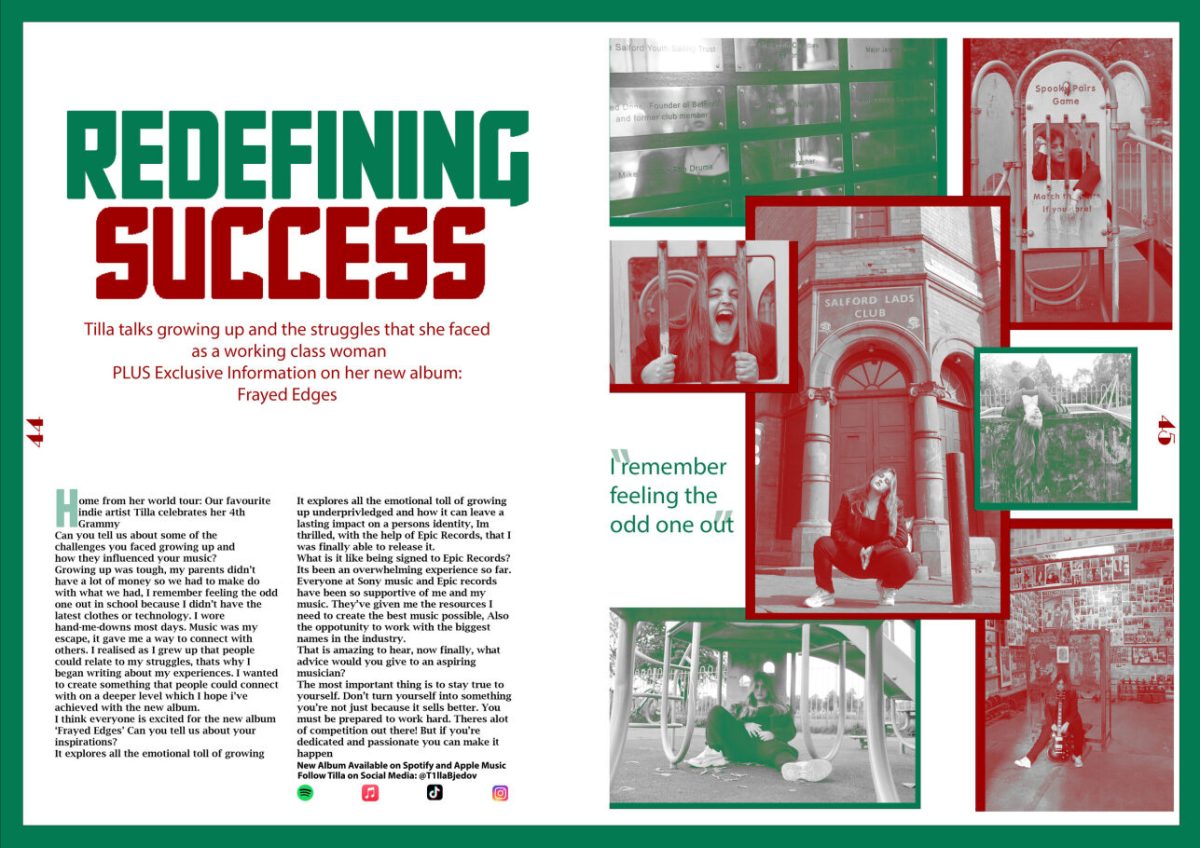







james gibbons • Jun 11, 2024 at 8:26 am
Balanced approach throughout! Make ‘informed choices’ in all aspects of your life. Like the reference to the origins of boycotts! Where did you learn that, Jacey?!? Great article. Well done!!
Jacqui Shirley - Organiser • May 9, 2024 at 8:50 am
An interesting and informative read. I really like how you’ve addressed a really wide audience and been so sensitive and inclusive
Hannah Jones • May 8, 2024 at 6:46 am
I love how you’ve made the point very clear to people that they need to stay educated on matters and to make their own decisions, and that you don’t force your opinion on anyone, it’s just the facts 🙂
Dylan • May 8, 2024 at 6:43 am
I really liked how you have covered the opinions and effects of boycotting both on a local and a global level.
Fajr Al-matori • May 8, 2024 at 6:43 am
This was an interesting read and I liked you took a neutral and factual approach when writing this article.